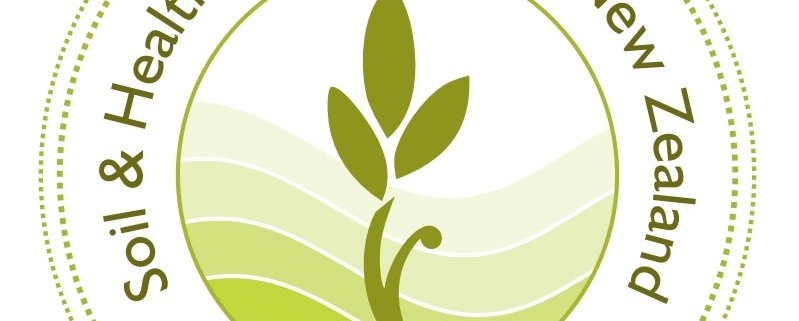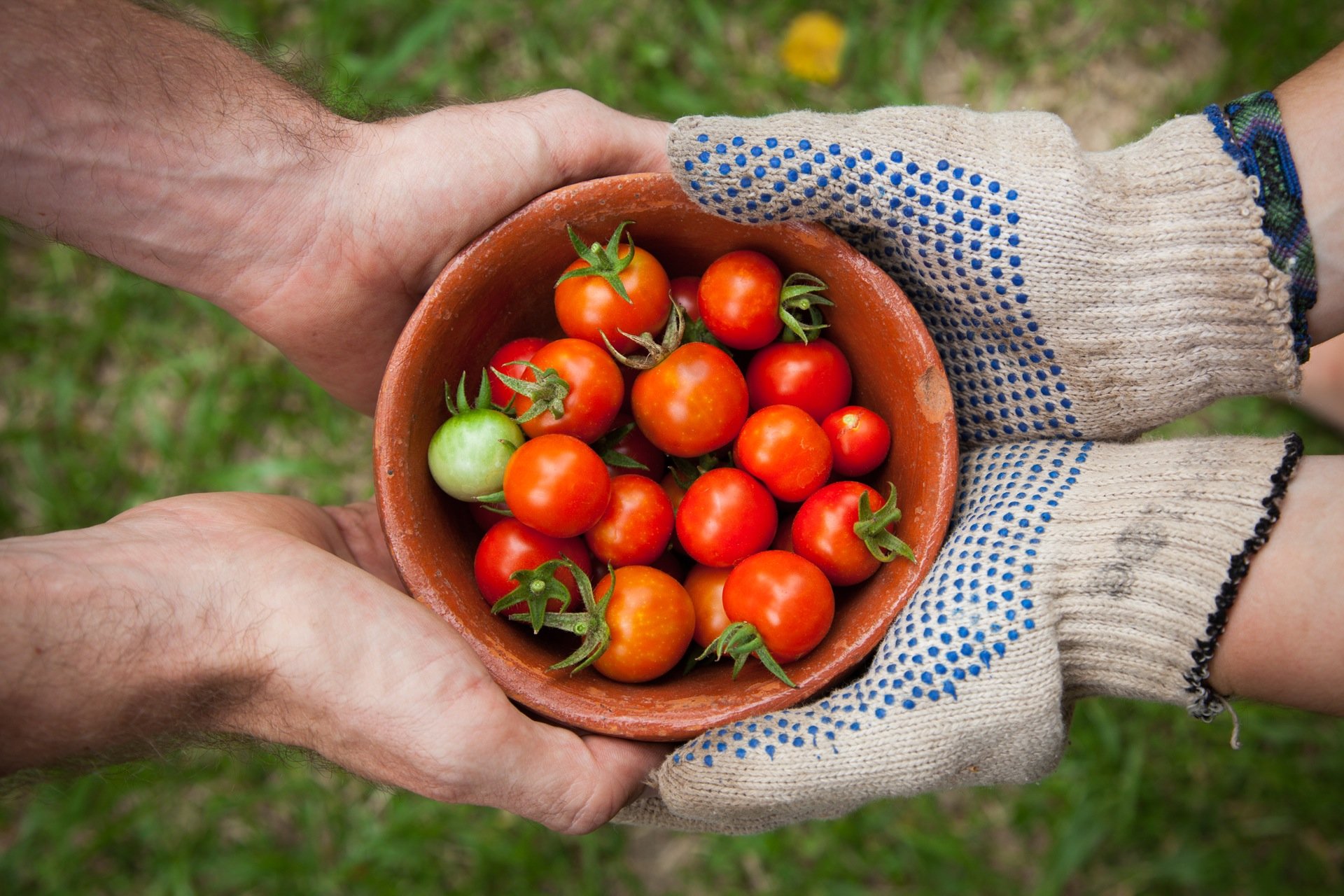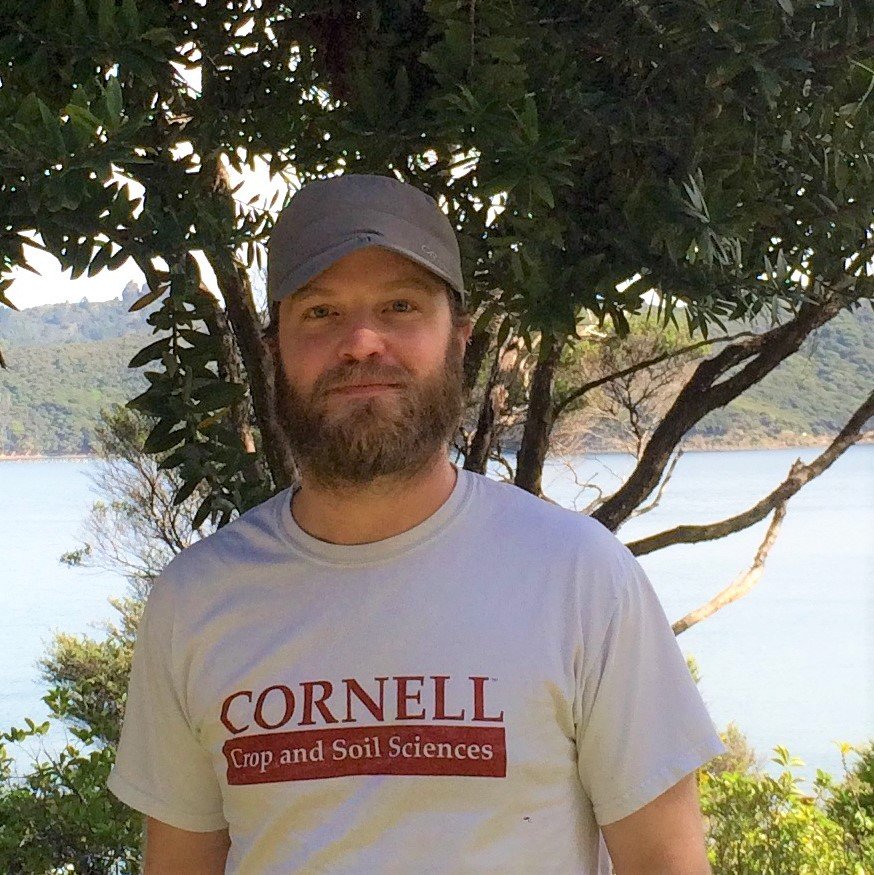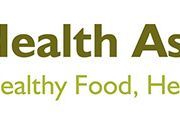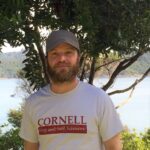2025 AGM of the Soil & Health Association
The 2025 AGM will be held from 10am-12pm on Saturday 27th September 2025, online.
In attendance will be Soil & Health’s National Councillors, NC candidates, Organic NZ newsletter editor and Soil & Health administrator. We welcome all members to join us to review the 2024/25 year.
If you are unable to attend and would like to send your apologies, please email manager@organicnz.org.nz.
The meeting will be conducted according to our constitution.
Register
Please register your attendance here on this page. The zoom meeting link will be sent to current financial members who register. If uncertain of your membership status please contact info@organicnz.org.nz, or to renew or join please go to the join up page.
Non-members may attend at the discretion of the meeting – please contact info@organicnz.org.nz
Agenda
- Welcome and Notice of General Business
- Confirmation of Facilitator, Minute Taker and Returning Officer
- Acceptance of Agenda
- Attendance and Apologies
- Confirmation of the Minutes of the 2024 AGM
- Introduction of Voting Section
- Nominees for National Council
- Nominees address to members
- Questions to nominees
- Voting
- Reports
- Financial & Audit Report
- Chair’s Report
- General Business
- Organic Week 1-7 May 2026
- Closing
Links to Meeting Papers
Financial & Audit Report FY 2025
2025 Election of National Council
There are seven positions available on National Council, and each councillor is elected for a two-year term.
Of the current councillors, Charles Hyland (current chair), David McNeill (treasurer) and Richard Wallis continue the second year of their terms. Their biographies can be read here.
Leane Makey will step down at the AGM. This leaves four positions open for election at this year’s AGM.
The nomination period has now closed. However the NC can co-opt members during the year, so further nominations or recommendations at the meeting are welcome. The following nominations have been received:
- Asha Andersen, nominated by Brendan Hoare, seconded by Di Maxwell.
- Rebecka Keeling, nominated by Philippa Jamieson, seconded by Charles Hyland.
Candidate Details
Asha Andersen
Hello from the Far North! My name is Asha, and I’m putting myself forward for nomination to the Soil & Health National Council.
I am passionate about sustainable living, health and community. I have many years of experience at a grassroots level building community resilience, both as a volunteer and coordinator. At the governance level, I am currently a trustee and committee member for the Far North Resilient Communities Charitable Trust and Flora and Fauna of Aotearoa.
My passion for nature and our local community has led to hosting long-running, much-loved crop swap gatherings, publishing regular newsletters and working to develop a community garden educational hub, where all ages can learn to garden and connect with nature.
If elected I will work with the Council to provide value for members and impactful advocacy for core values, particularly on pesticides, GMOs and a healthy environment.
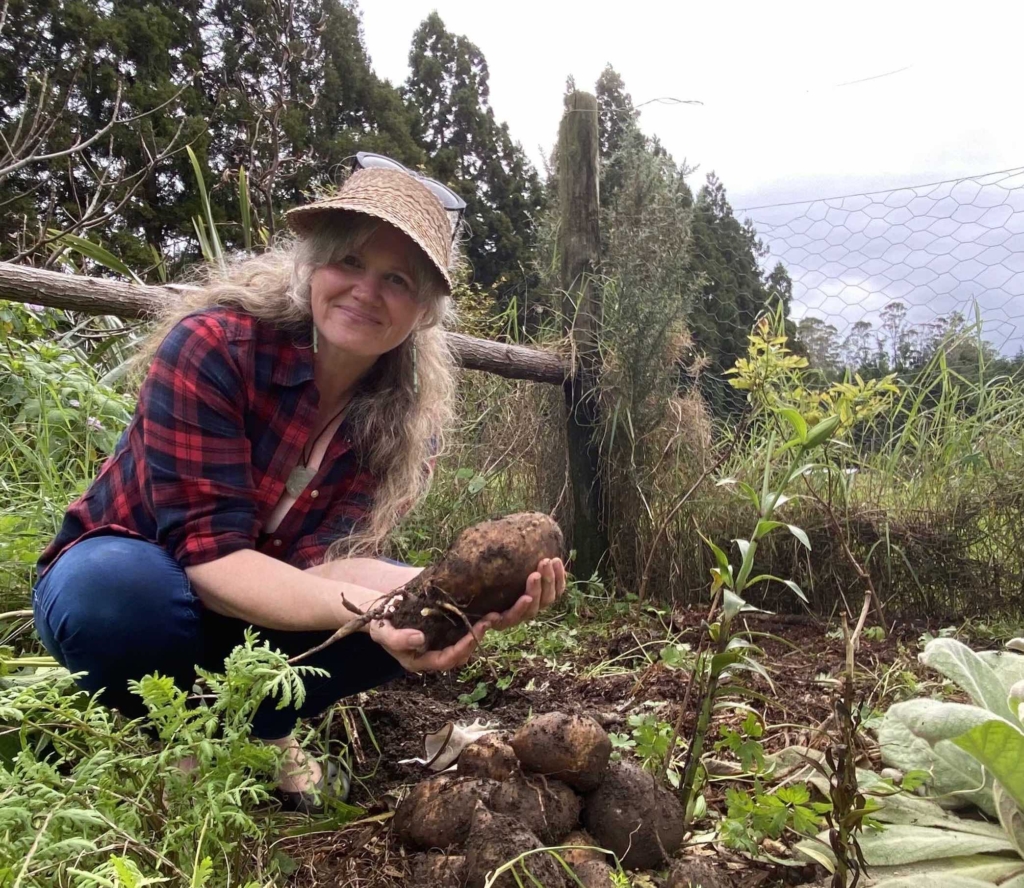
Rebecka Bjelfvenstam Keeling
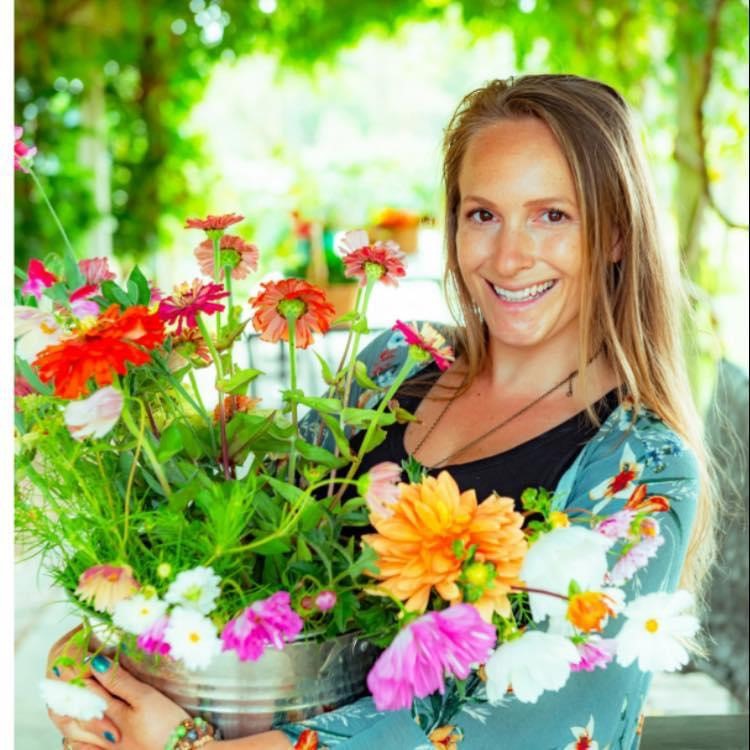
Rebecka Keeling shares her time between Slow Blooms sustainable permaculture flower farm in Matakana and as a communications advisor at Tātaki Auckland Unlimited. A digital native who brings international experience in marketing and communications, and is passionate about practicing PR with a purpose.
She holds a degree from AUT in PR and Communications, as well as a New Zealand Certificate of Horticulture and a Permaculture Design Certificate. Co-founder of Permaculture Mahurangi, a freelance writer, and an outspoken advocate for produce grown locally, in its natural season, with care for the earth.
Rebecka has been on the National Council since 2023 and is looking forward to continuing to support Soil & Health in reaching more people with its important messages, while strengthening its profile in the media.
Voting for National Council Members
While we have fewer candidates (two) than vacancies (four), we still encourage you to vote. This ensures a strong mandate and support from our members for these volunteers.
The National Council also has the ability to co-opt members onto National Council or for specific projects.
How to Vote
If attending the AGM online, you can cast your vote during the meeting.
If you are unable to attend the AGM on the day, we encourage you to cast your vote online prior to the meeting by completing this form.
Voting by Post
If you wish to cast a postal vote, please download and complete this form and return it to the postal address provided by Friday 26th September.
Other Votes
Members can vote on three other procedural motions
- Reappointment of the current auditors, who have been very helpful.
- Approve the 2024 AGM minutes as an accurate record of that meeting.
- Approve the 2025 Financials as accepted and adopted.

